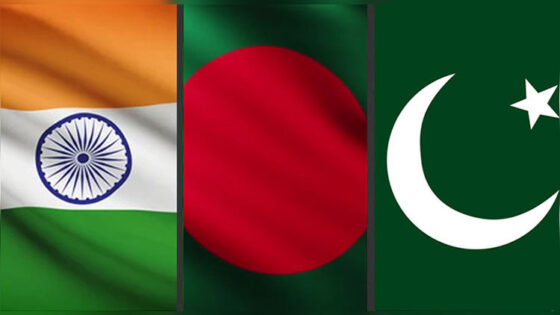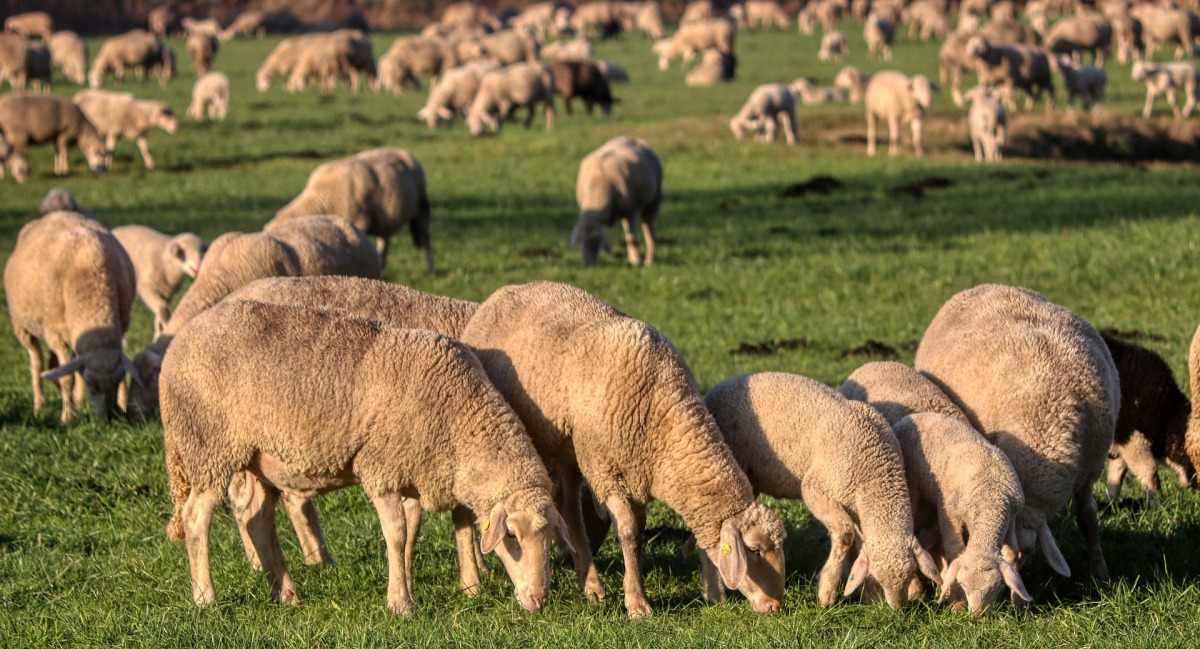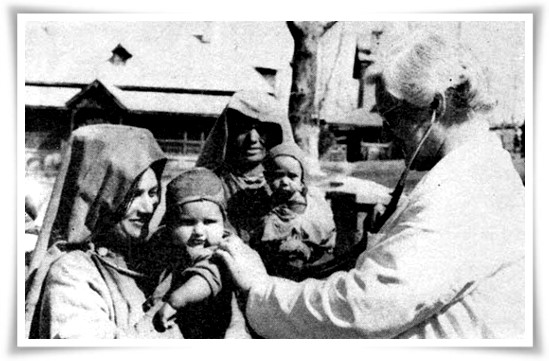Missing leadership and people’s organization(s) pose a very dangerous situation, and cannot be allowed to aggravate further, writes Javaid Trali.
Knowledge and foresight are mankind’s most invaluable tools for self-assertion and growth. Unfortunately, Kashmir seems to have faced acute shortage of both all along. No wonder the “political haves” of this place have only displayed short-sighted and impulsive efforts in managing problems rather than well calibrated and long-term problem-solving attempts.
Having been made to invest – by people of varied hues, political leanings and motivations – blood, toil, tears and sweat for a “better tomorrow”, the ordinary Kashmiri remains caught in a sense of abandonment in an abyss of hopelessness. Those people are gone now. While some are facing music for subverting the legal through brazen illegality, others have sensed the writing on the wall in the face of changed political circumstances, and retreated to caves of anonymity to ensure their personal safety.
Blame it on the short supply of knowledge and foresight, Kashmir’s iconography remains a veritable desert. The people who were catapulted into leadership roles either by virtue of their legacy or by the political upheavals of turbulent times – like in the nineties and even before – are no longer relevant. They were not meant to take forward the charge of self-assigned roles or roles assigned to them by the others.
Common sense has it that one can walk only a certain distance in over-or-under-sized shoes; after a while the shoe is bound to hurt, cause blisters, and make the journey ahead impossible. I think this is the case with “seemingly exhausted” Kashmir’s leadership, identified as the ones who called the shots for the most recent and certainly most turbulent three-decade period, beginning in the 1990s. It is true of both unionists and separatists. They have shown a consistent and absolute lack of commitment to the cause that they feigned to espouse, and complete disdain for the people of this conflict-weary land.
Over the past one year, it has been proven that the catch-phrases of autonomy, self-rule, or for that matter “aazadi” (freedom), have been mere clichés at best, and emotive but hollow slogans at worst, which were used to garner vote or support for their politics. This had ensured a steady flow of power and wealth to the propagandists and their kin. Both unionists and separatists were happy with the status quo, and might have wanted to perpetuate it till eternity.
In the meantime, the BJP-led central government had something else in mind. It had a huge baggage of political promises and commitments to its “core constituency” –abrogation of J&K’s special status under Article 370 being one such big-ticket bargain. So, when BJP was comfortably seated in power for the second consecutive term, the time was just right to think of the unthinkable, and do what many believed was undoable. Within a week’s time past July, such were the conditions created in Jammu and Kashmir that when on August 05, 2019, the state was divested of its special constitutional position under Article 370 and 35-A, and split into two centrally administered Union Territories, the shell-shocked people didn’t know how to react.
Political and social leaders as well as their ardent supporters were detained. Though many of them have been freed by now, there are quite a few who still continue to remain under detention. What is really interesting is how none of these leaders have really tried to contest and challenge their detentions in any serious manner in the courts. This is certainly something that cannot be brushed away as being cursory! This proverbial ‘silence of the lambs’ is way too meaningful and calculated. It seems to be furthered by creating a political vacuum in Jammu and Kashmir. How and when the state intends to fill this vacuum? This and many related questions are begging answers.
While the state itself remains smitten and engaged with its ‘grand’ Kashmir strategy, which is being unfolded here in bits and pieces without even allowing the far larger issues like COVID-19 pandemic or the military standoff with China in Eastern Ladakh to impact it, the agency through which ordinary people could express themselves – their leaders – is missing, both physically and through what appears to be no less than deliberate deceit.
Here are a few specific examples: After milking the public sentiment and thrusting his pro-Pakistan stance on them for some three decades, Syed Ali Shah Geelani has so conveniently called it a day because he seems to have fallen from favour in Islamabad and Rawalpindi now. No reasons or explanations are given for his failed politics. Mirwaiz Umar Farooq has gone into self-imposed exile inside his residence, and nobody gets to hear anything from him now. Other leaders and activists in the separatist camp, if they are not detained, are barely visible anywhere.
Among the unionists, the Abdullahs have chosen to speak about anything but the abrogation of J&K’s special status. While Farooq Abdullah’s verbal forays are in the realm of preaching religion and spirituality, son Omar Abdullah has a world of candid political advice for everybody barring his own self. At a time when he should have been here with his people, he has taken a flight to socialise somewhere else, and thinks that his once in a while rants over Twitter would suffice for his role.
Mehbooba Mufti remains incarcerated, and her public image has been incinerated! Her brother, Tassaduq Mufti, who was parachuted into J&K’s power corridors from nowhere, is visible nowhere once again. Brave face being put up by daughter Iltija is far from erasing the dreaded memories Mehbooba has given to the people of Kashmir –the wicked “milk and toffee” comment for Kashmir’s fallen children at the height of 2016 agitation was too stark to be forgotten any time soon.
The new combinations that are being mulled have a big problem – they face a perennial credibility crisis. Those creating such groups tend to undermine the significance of the local issues, sensitivities and even the leadership. Once created from outside, such organizations even after being superimposed upon the people are never really able to play more than a superficial role in the lives of the local people.
Missing leadership and lack in public institutions(s) pose a very dangerous situation, and cannot be allowed to aggravate further. Kashmir needs robust public institutions, led by local leaders who have earned their position of leadership among their people. If public institutions can be likened to a tree, the local leaders would be roots and people themselves the soil. To rest on the soil and to be nursed by the soil, the tree must be deeply and well-rooted.
People here are no doubt feeling frustrated, defeated, lost, and futureless in the prevailing system that they are willing to let go of the past and look to the future. But what is missing is the agency that could lead them in a direction away from self-destructive politics of violence. They need someone to initiate a reformation process among them.
Once the people start to scroll through 30-years-of-political-history, they will be able to read through the designs of those who have been and still are provoking the ordinary and poor people – the disprivileged and disenfranchised lot, the political and social have-nots – for sure-loser fights. It can be hoped that with such introspection and critical evaluation, better sense would prevail among the people. The role of the government to support such soul searching is indeed important at this crucial juncture.
-Views are personal





